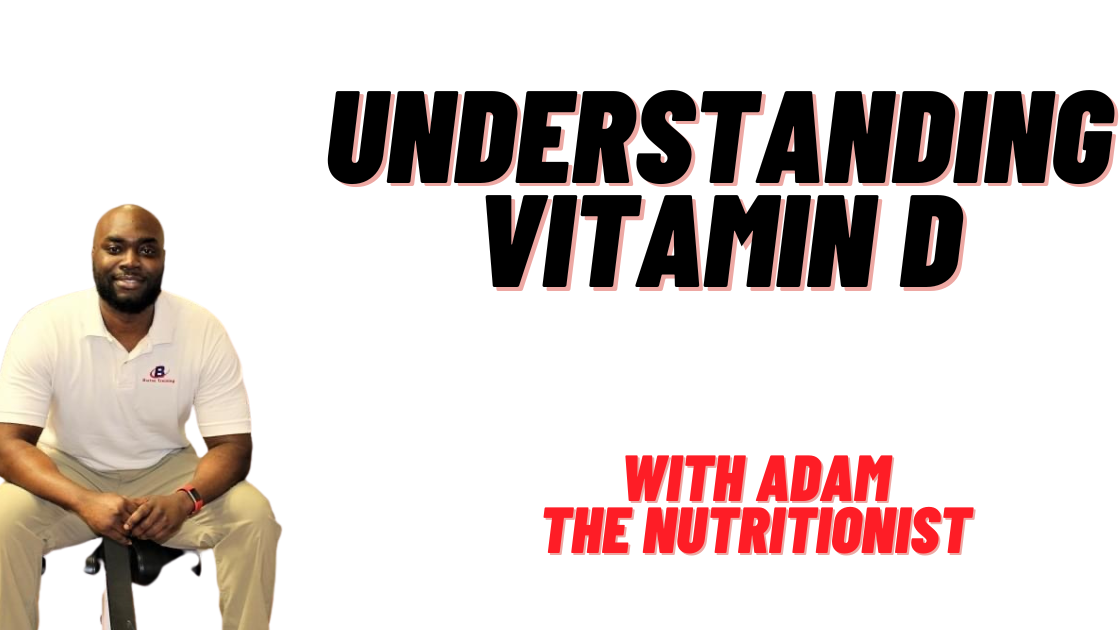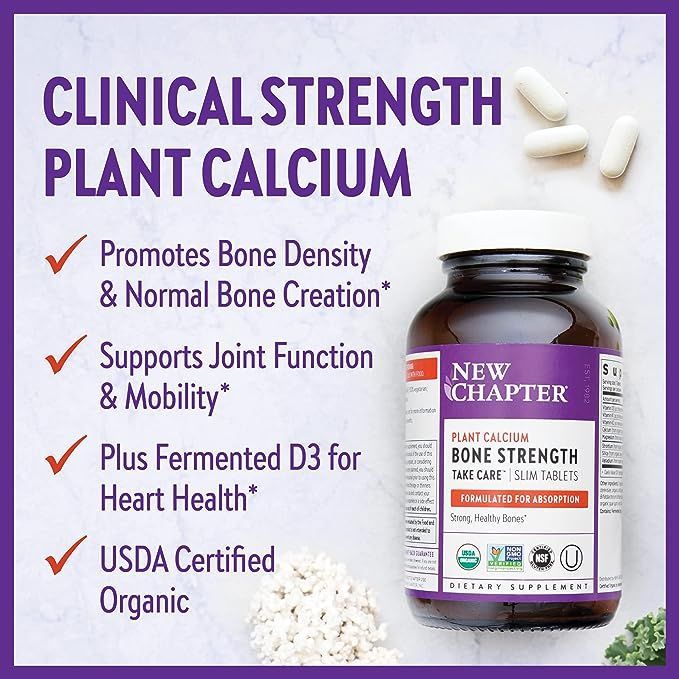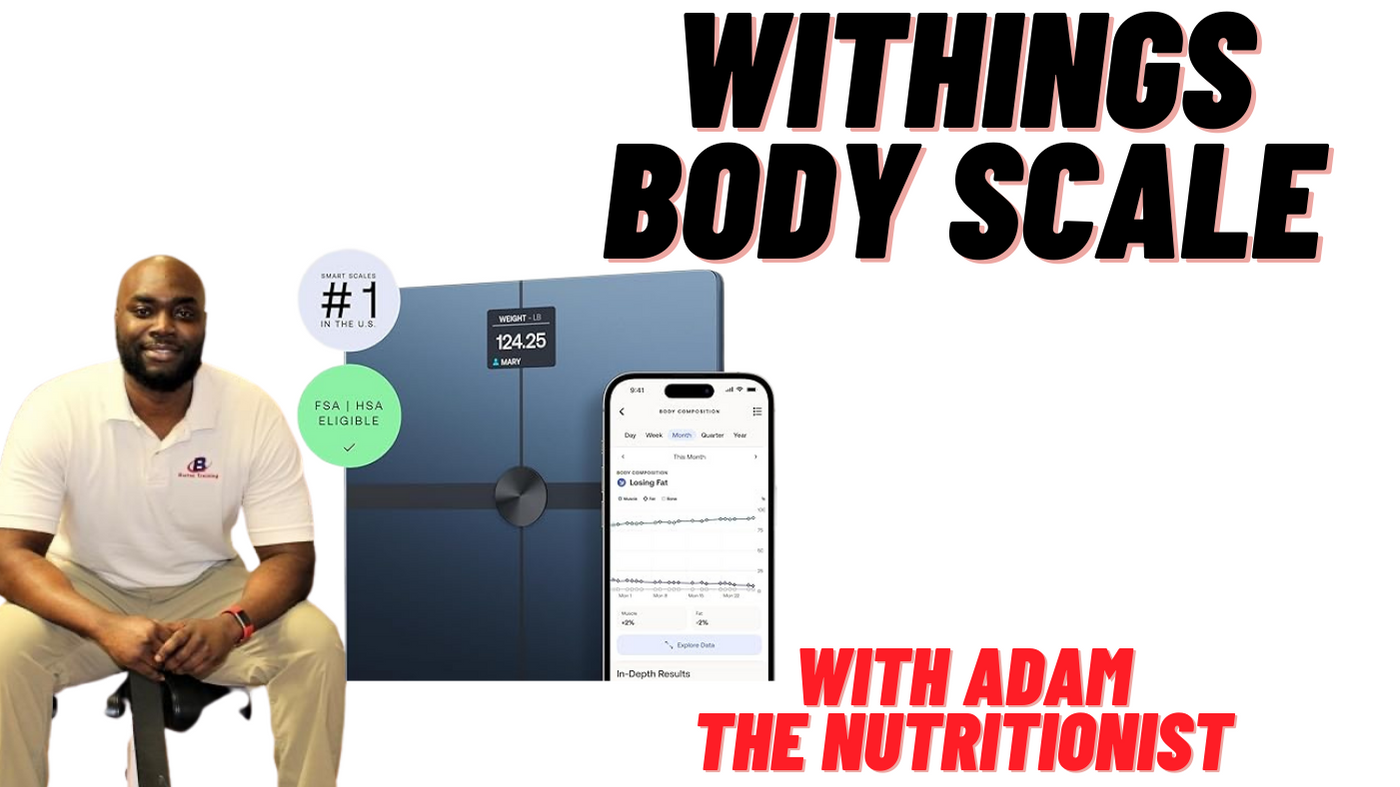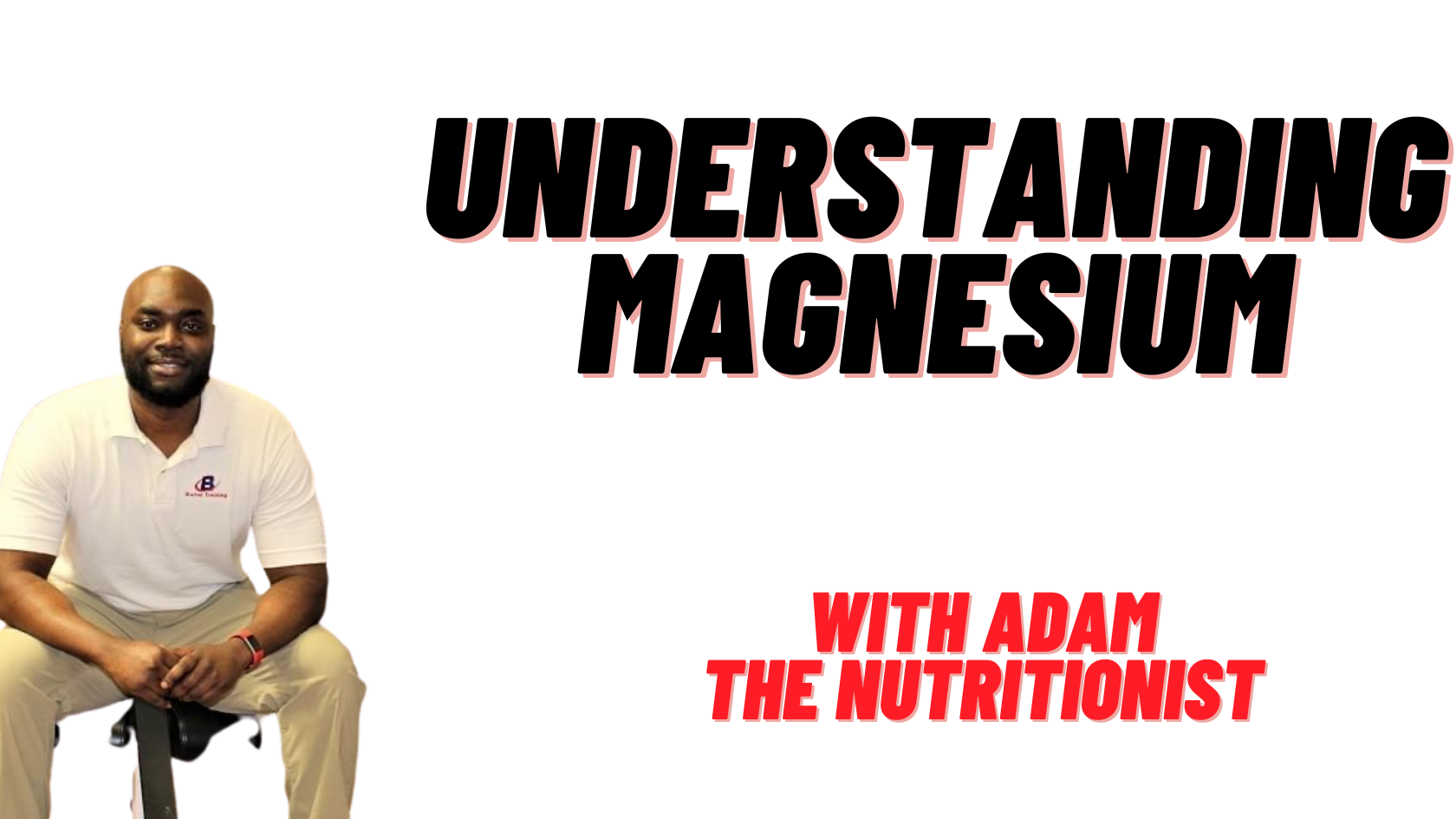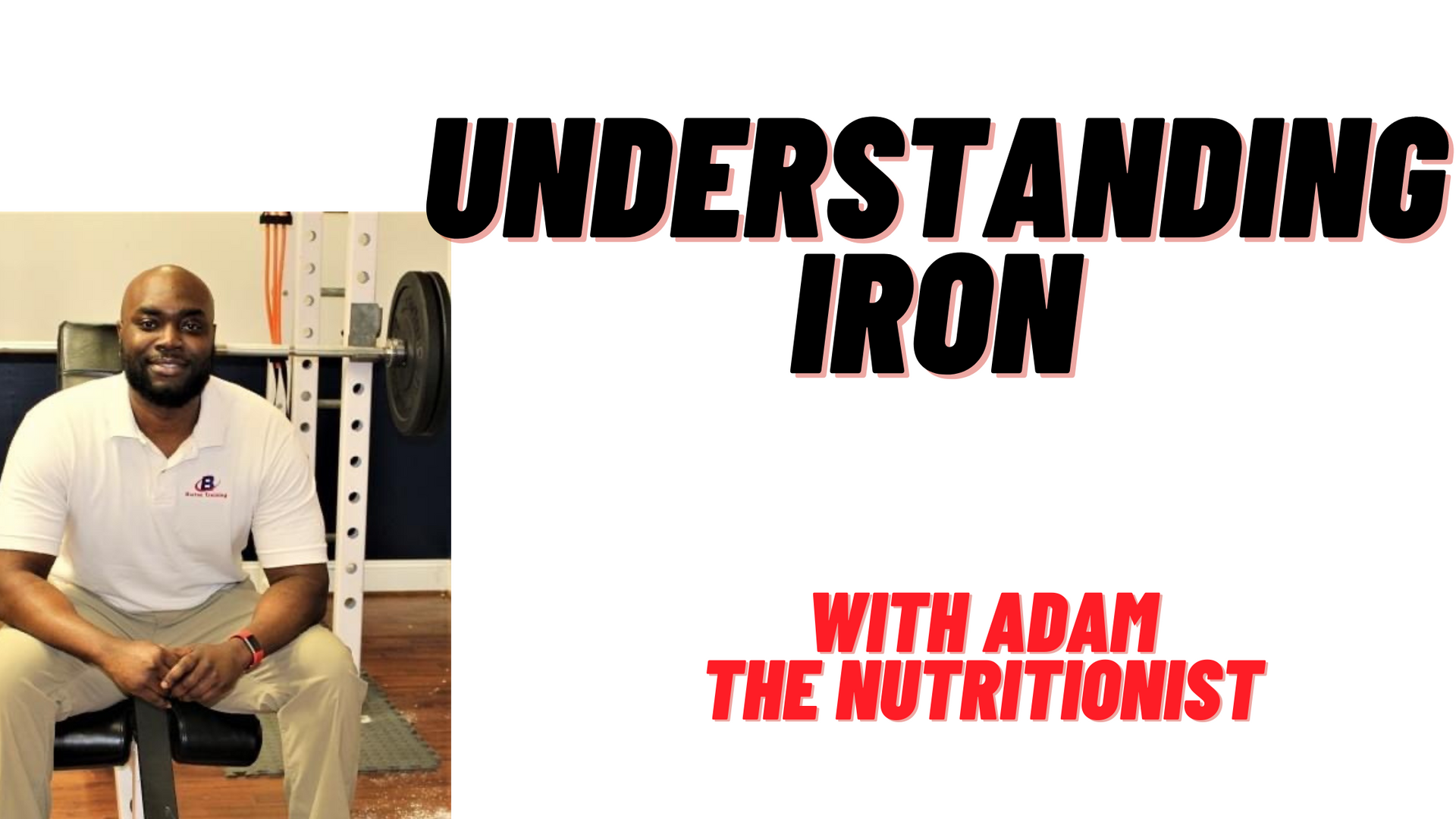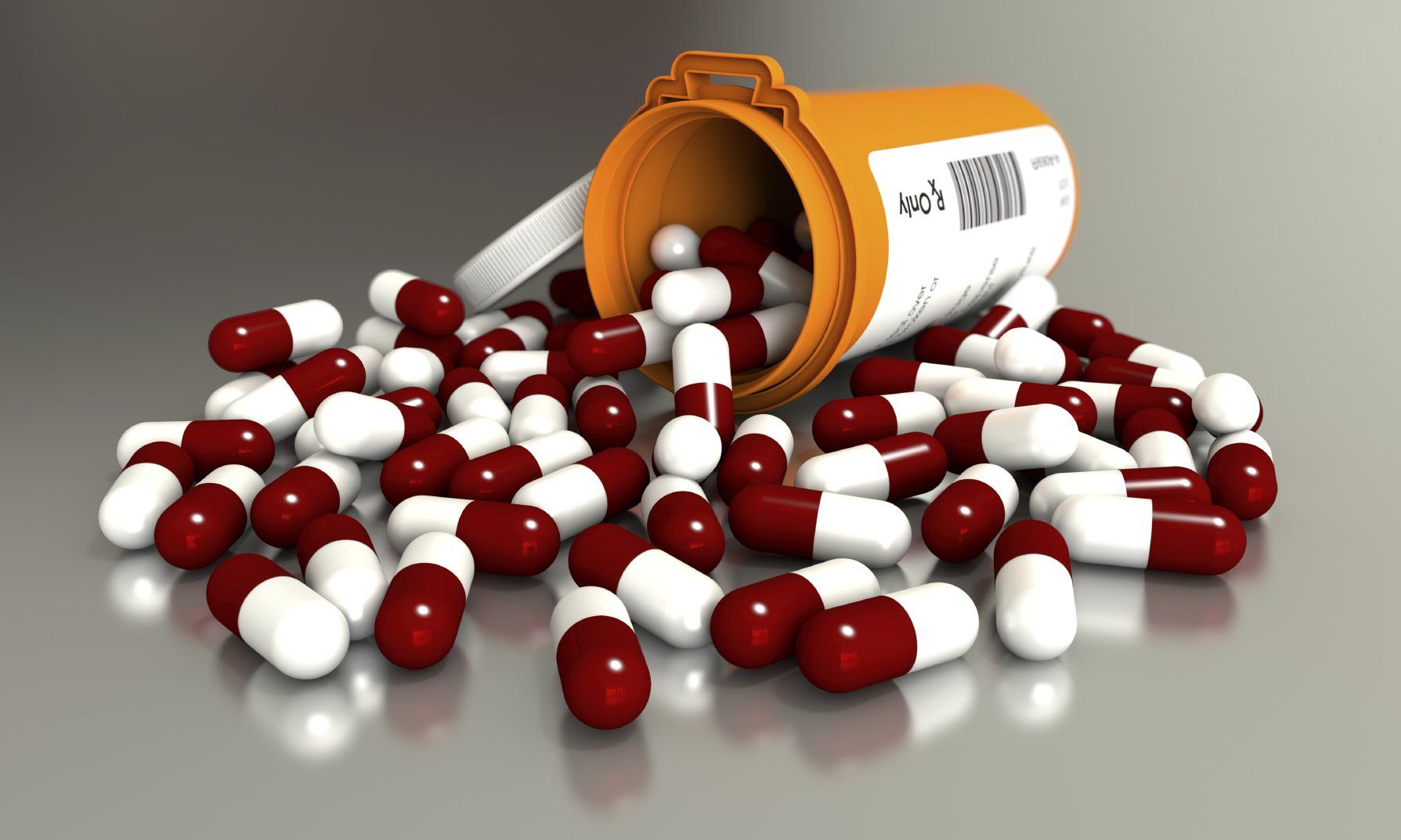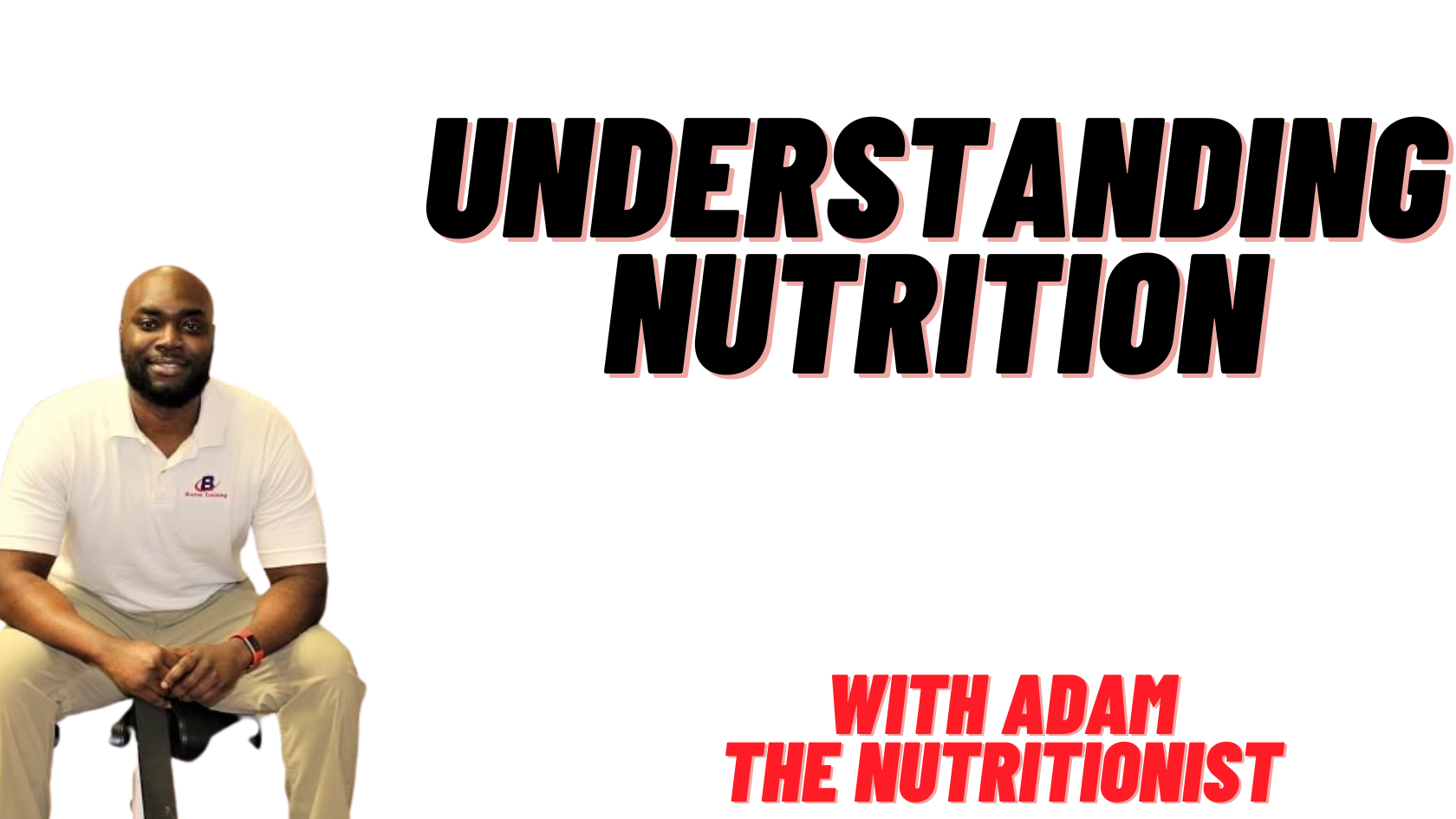Understanding Vitamin C: Symptoms, Food sources and functions

Introduction
Out of all the minerals in the body, calcium is the most abundant. Only 1% of the calcium in the body is used for blood clotting and parathyroid function. The rest is in bones and teeth.
Vitamin C works with several vitamins to create strong bones. As I have said in other posts, "All vitamins work together."
Some functions of Calcium in the Body
- Regulates heartbeat
- Regulates nutrients passing in and out of cells
- Helps your body use iron
- Maintains and builds bones
Calcium Deficiency Symptoms
- Joint pain
- Slow heart rate
- PMS
- Insomnia
- High blood pressure
Food Sources
Getting your calcium from food is always better than getting it from a pill or capsule. Here is a list of some foods (from greatest to least amount of calcium)
- Milk
- Yogurt
- Tofu (if it has calcium added)
- Sardines
- White beans
- Chinese cabbage (Bok Choy)
- Kale
Supplements ?
As I said above, vitamins are best received from food. This will always be the case.
However, if a supplement is a must, I trust New Chapters calcium supplement. It also has Magnesium, Vitamin K and Vitamin D which are important to use calcium to its potential.
Combine this supplement with eating some of the food above and you'll be well on your way to getting all the calcium and other nutrients that you need!
People Most Susceptible to a Calcium Deficiency
- Those allergic to milk
- Those lactose intolerant
- Those who eat a high oxalic acid diet (potatoes, green leafy veggies etc)
- High stress levels
Daily Dosage Requirement
The RDA for calcium is 1000-1200 mg per day. For reference, a small container of yogurt has about 200mg of calcium. A glass of milk will have about 250mg of calcium.
So, it will take a combination of food to reach the amounts you need. If food is not enough, consider using the supplement suggestion above!
- Adam The Nutritionist


